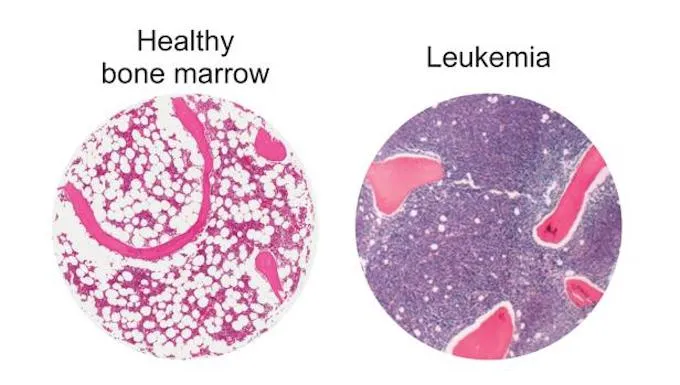A team from the McMaster University (Canada) has discovered a new way to attack cancer: fat cells.The experts, whose work has been published by Nature Cell Biology, have discovered that, by stimulating adipocytes or fatty cells located inside the bone, leukemia cancer cells were suppressed, although surprisingly, they also achieved the sameRegeneration of healthy blood cells.
To reach these conclusions, scientists used a common drug for diabetes, from the family of agonists of the PPAR Gamma receptors that induces the production of fatty cells in the bone marrow, to discover that it promoted the production of red blood cells, in addition toof suppressing leukemia.
As Mick Bhatia explains, we not only managed to suppress cancer cells, "but also the healthy cells, allowing them to regenerate in the new environment induced by drugs."
This medicine is now available, which, for Bhatia, opens a new therapeutic scenario that can "join existing treatments or even replace others in the future. The fact that this medicine activates the regeneration of blood can provide benefits forThose who are waiting for bone marrow transplants by activating their own healthy cells. "
The production of healthy red blood cells is critical for patients with acute myeloid leukemia;However, sometimes it is obvious because conventional treatments focus only on destroying leukemia cells.As a consequence, patients with leukemia suffer from anemia and infections due to the failure of healthy blood production, which constitute the main causes of hospitalization and death due to this disease.
"Our approach represents a different way of observing leukemia and considers the whole bone marrow as an ecosystem, instead of the traditional approach to study and try to directly kill sick cells," explained Allison Boyd, author of the study.In their opinion, these traditional approaches have not provided enough new therapeutic options for patients, so "the standard treatment of this disease has not changed in decades."


